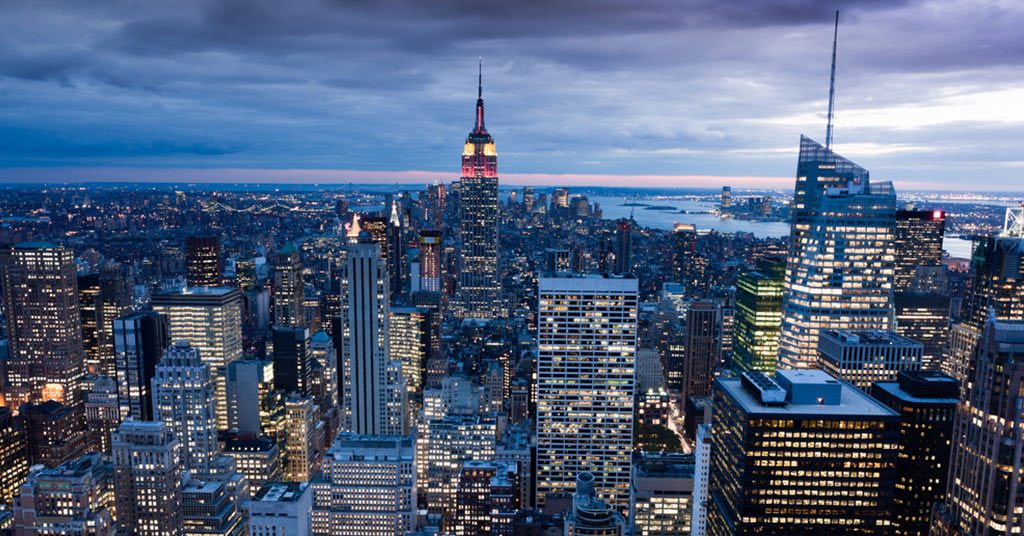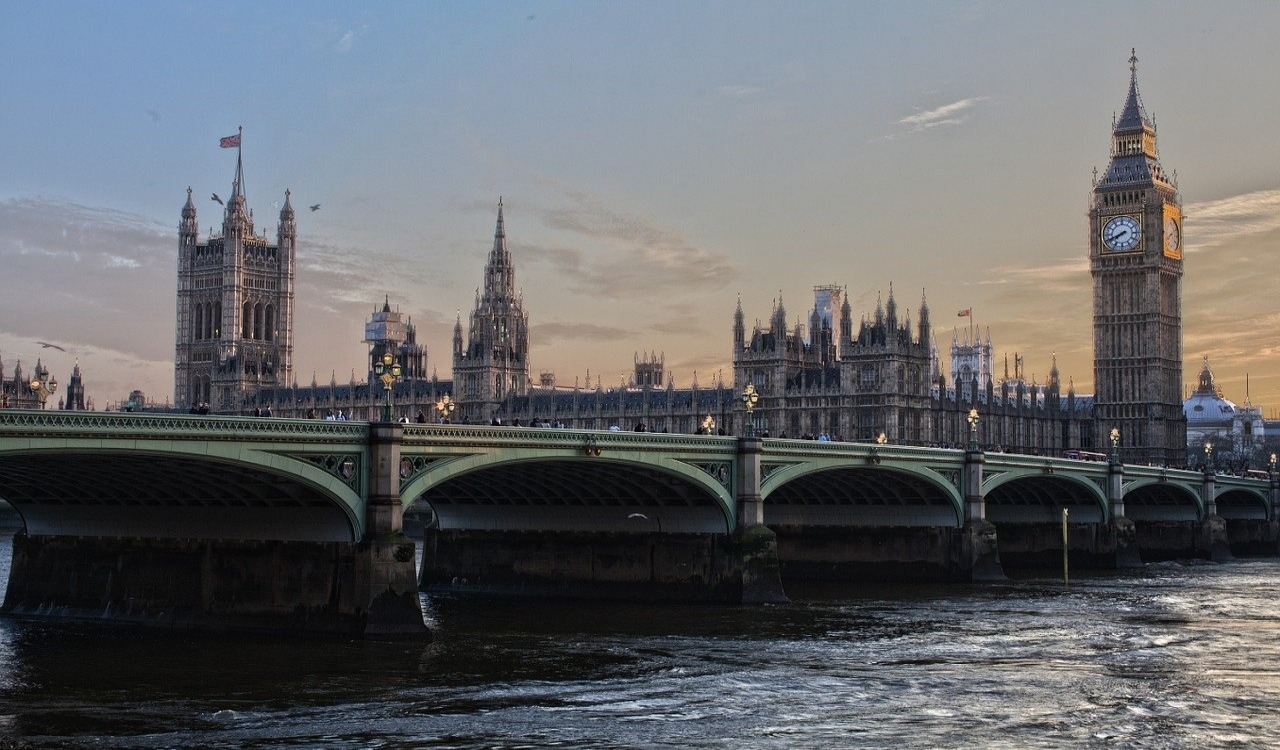We’re all waiting for our favorite malls and retail stores to reopen. When will it happen?

When will retail stores reopen? – a global overview. Source: shutterstock.com
While governments have limited retail functions to satisfying basic human needs, millions of customers dream about the day they can walk in a fashion store and see a smile of a friendly shop-assistant again. Not to mention the business owners who have started their own countdown till the end of the quarantine. Perhaps, our usual shopping experience will change forever. Nevertheless, people can’t stop wondering when they will see the “open” sign in the windows of their favorite shops again.
When will retail stores reopen?
USA
With the COVID-19 pandemic in full bloom in all states and territories of the US, the only certain thing is that the country doesn’t return to the normal life anytime soon.
Many famous brands have already announced the extension of temporary closures until further notice. Apple, Express, Urban Outfitters, Nike, and Guess? suspect that retail stores could remain closed for many more weeks to come.

The only certain thing is that the country doesn’t return to normal life anytime soon. Source: shutterstock.com
L Brands, the parent company of Victoria’s Secret and Bath & Body Works agreed, stating that the company “is not currently able to predict the timing of store reopenings.”
Most retailers prepare to skip spring sales altogether. Thus, Tapestry, Inc. extended salary and benefits to its retail team across North America until May 30. Yet the company fears it may need to furlough their staff if the shutdown lasts longer.
At the time, most of the country is not conducting nearly enough testing to track the path and penetration of the coronavirus in a way that would allow Americans to safely return to work.
UK
The British Retail Consortium (BRC) has written to Business Secretary Alok Sharma to ask for a several weeks’ notice before lockdown COVID-19 restrictions are lifted. The organisation believes store owners need time to reactivate their operations and prepare secure adequate personal protective equipment (PPE) for shop staff.
They seek to avoid a chaotic reopening of the sector due to logistics issues as well. Reactivation of retail supply chains will also take time to plan and implement.
Though the exact reopening date is yet hard to predict, industry representatives suggest that normal operations will be restored in a few phases. For instance, the stores may initially open part-time or with a limited number of assistants.

Already existing economic tension suggests that the government may consider a staged approach. Source: pixabay.com
The BRC chief warned: “It may be a fraught period as restrictions start to lift with some customers unwilling to return to stores because they perceive it is high risk, and staff reluctant to return to work for the same reason.”
Currently, the employee furloughing scheme is scheduled to expire at the end of June. However, the BRC appealed to the government for an extension of support if necessary.
Already existing economic tension suggests that the government may consider a staged approach. It would allow some businesses and schools to reopen in early to mid-May. The others may have to wait till late summer to avoid a deadly second wave of the infection.
Currently, the UK government has set out five criteria to be met before lifting restrictions:
- Ensuring the NHS has sufficient capacity
- A significant and consistent fall in the daily death rate
- A decreasing rate of infection
- Sufficient supplies of testing and personal protective equipment (PPE)
- No risk of a second peak of the virus
EU
Since the virus has spread unevenly, some European countries are gradually lifting quarantine restrictions already, while in others lock-down still lingers.
On April 20, Germany started to lift social distancing measures, allowing to re-open small retail shops of under 800 square meters, large car dealerships, bike shops and book shops. However, proper distance and hygiene measures should be kept.
The Czech Republic citizens can already shop at hardware and bicycle stores. Farmers’ markets and car dealerships are also preparing to reopen soon. From May 25, restaurants, snack bars, pubs and wine shops will be allowed to open if they have an outdoor patio or sell takeout food and drink. From June 8, all retail stores, including those in shopping centers, all restaurants and hotels can go back to the normal operation mode.
Italians can now visit bookshops, stationery stores, children’s clothing stores, and laundries (except Lombardy and Veneto, the regions hardest hit by the pandemic).

Italians can now visit bookshops, stationery stores, children’s clothing stores and laundries. Source: unsplash.com
In Spain, some industries like construction have been allowed to restart, but non-essential stores, bars and restaurants remain closed. Spanish Prime Minister Pedro Sanchez has announced the extension of the nationwide coronavirus lockdown to May 9. The restrictions will be loosened slightly only to allow children time outside from April 27.
Austria is also reopening some smaller shops, hardware and garden stores. But people will have to wear masks to supermarkets and on public transport. From May 1, all stores, shopping centres and hairdressers will open; restaurants and hotels will wait till mid-May in the best-case scenario.
French officials said on April 19 that although the virus appeared to be under control there, the country’s strict lockdown would continue for at least another three weeks.
Switzerland has announced a three-stage plan to end its coronavirus shutdown. On 27 April, an approved list of businesses – including hairdressers, hardware stores, beauty salons and flower shops – will be permitted to reopen. All other retail premises will begin operation on 11 May.
SEE ALSO: How Switzerland treats coronavirus
Australia
Prime Minister Scott Morrison said the national cabinet would start considering lifting some restrictions over the next four weeks.

Many businesses in non-essential categories, like fashion, are individually choosing to remain closed. Source: unsplash.com
A number of CEOs have called on the government to clarify restrictions. Only a small number of retail categories have actually been told to close, such as restaurants and cafes, beauty businesses. Other brick-and-mortar stores in most retail categories are technically allowed to remain open under the current restrictions. However, since Australian citizens have to stay home except for absolutely essential needs, many businesses in non-essential categories, like fashion, are individually choosing to remain closed.
For instance, Premier Investments, which owns Smiggle, Peter Alexander, Just Jeans, and a number of other retail brands, is keeping its bricks-and-mortar stores closed until at least May 11. Martin Matthews, CEO of Brand Collective, which operates a large portfolio of retail brands, including Superdry and Hush Puppies, said they wouldn’t reopen stores until Monday, April 27, at the earliest. But stores in states like Victoria and NSW, where restrictions are tighter, likely wouldn’t reopen until some time in May.
IFM chief economist Alex Joiner expects any “meaningful restrictions” will be lifted by September.
SEE ALSO:









